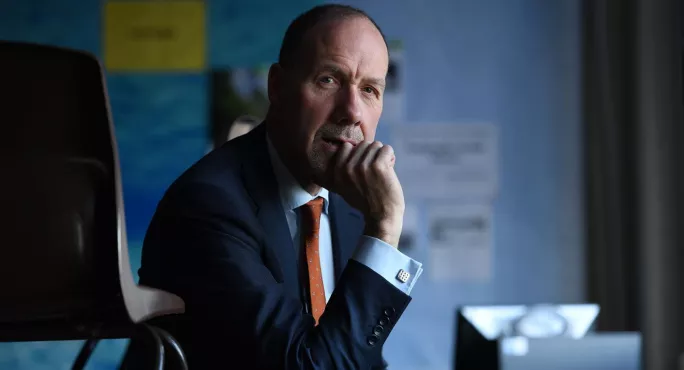Headteachers’ leaders are seeking to reassure students and parents that the GCSE and A-level grading process this year will be fair amid concerns that the “calculated” grades candidates will receive from boards this year will not reflect their potential.
Recently, a snap poll of GCSE and A-level students revealed that nearly two-thirds of candidates felt the grades awarded this year would not be fair.
And a quarter of university applicants believed their predicted grade would be worse than they would have achieved in exams, according to a poll published yesterday.
Geoff Barton, general secretary of the Association of School and College Leaders (ASCL), told Tes that moderation processes by schools and exam boards would ensure that this year’s cohort of exam candidates were not unfairly disadvantaged by the cancellation of their exams during the coronavirus outbreak.
Coronavirus: Teachers to rank order pupils for GCSEs
Analysis: Are teacher-assessed GCSE grades a good idea?
Coronavirus: Teacher assessments will be used for exams
Mr Barton highlighted the fact that schools and colleges had always carried out internal moderation of coursework and controlled assessments, and would do so for this summer’s grades, with schools submitting a rank order of pupils at each grade to boards.
Coronavirus: Confidence in GCSE and A-level grades
He said: “One of the things specified by Ofqual is there can be no crunching around that [rank order], so you can’t put two children saying they are both exactly the same, you have to do an absolute rank order, which means you will get into making a judgement about ‘why are we saying this child is a stronger grade 4 than this child who’s a slightly less strong grade 4?’ - so, for me, it’s a really good model of professional development.
“Adding to which, because none of this counts in the performance tables, it is only about giving the right grade to the individual child - that’s all that teachers will be fixating on there. I think the combination of those messages is important for parents and students to understand in extraordinary times.”
He said, in the case of smaller departments within schools where there would be fewer experienced teachers to help with moderation, professional associations could help with the process.
“If I’m the school’s only business studies teacher, for example, and I’ve started this year, how do I get that professional expertise? I think what we are seeing across trusts or groups of schools or professional associations….is that teachers will be working with other teachers where they have not got a fellow teacher of that subject in their school,” Mr Barton said.
Ofqual has not made the moderation process “explicit”, he continued, “because it’s what schools have always had to do, so when you’ve had to arrive at a set of grades like this, this was the process that you would follow”.
He added: “It has never been the case that individual teachers just submit a set of grades which then go off to the exam board unmoderated, so my guess is that they haven’t seen the need to kind of spell that out.”
Mr Barton said headteachers would also need to sign off on any rank order to assure exam boards that the rankings were accurate, as part of “ethical leadership”.




